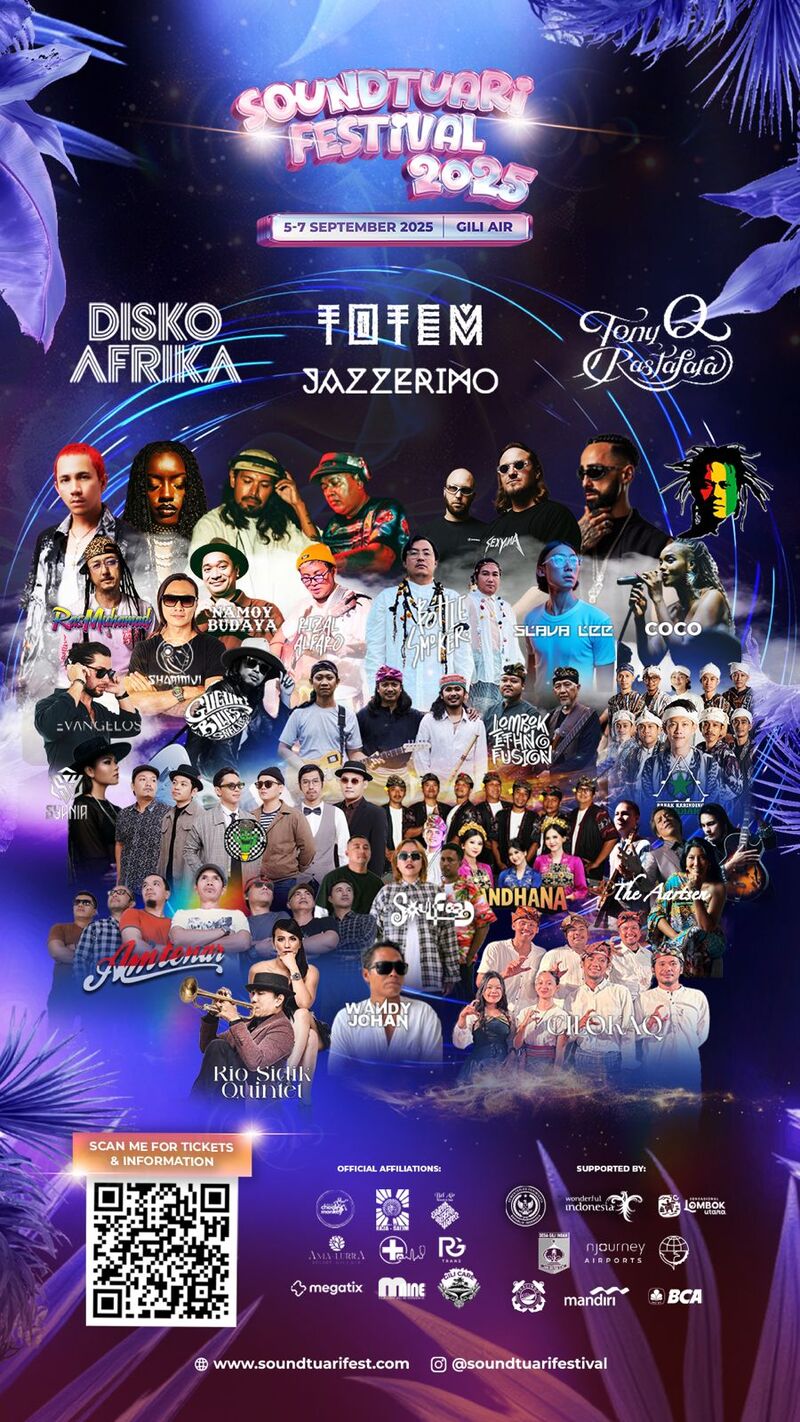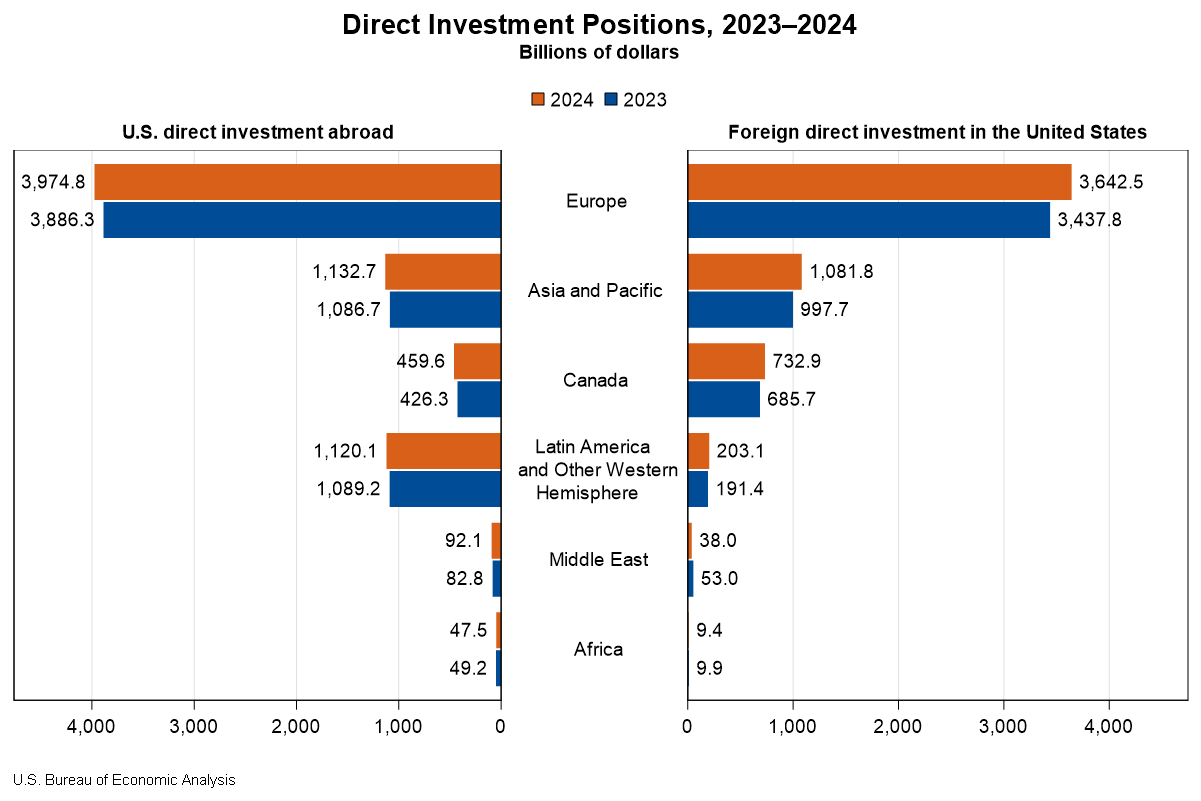The live events industry is experiencing a digital renaissance. Concert halls are sold out, sports stadiums are packed, and festivals are breaking attendance records—but behind the scenes, the way we buy, sell, and experience tickets is undergoing a fundamental transformation. Enter NFT ticketing: a technology that’s turning ordinary event passes into digital collectibles, solving decades-old industry problems while creating entirely new possibilities for fan engagement.
What Makes NFT Ticketing Different?
Traditional ticketing systems have remained largely unchanged for decades, plagued by counterfeiting, scalping, and limited fan engagement beyond the event itself. NFT ticketing represents a paradigm shift by transforming each ticket into a unique, blockchain-verified digital asset.
When you purchase an NFT ticketyou’re not just buying access to an event—you’re acquiring a one-of-a-kind digital collectible that serves as both your entry pass and a permanent memento of your experience. Built on blockchain technology (primarily Ethereum), these tickets carry immutable proof of authenticity and ownership.
The core advantages are immediately apparent:
Ironclad Security: Each NFT ticket contains cryptographic proof that makes counterfeiting virtually impossible. The blockchain acts as an unforgeable ledger, ensuring every ticket’s authenticity can be instantly verified.
Dynamic Pricing Control: Organizers can embed smart contracts that control resale prices, effectively eliminating predatory scalping while still allowing legitimate secondary market transactions.
Lasting Value: Unlike traditional tickets that become worthless after an event, NFT tickets retain their value as digital collectibles, potentially appreciating over time based on the event’s historical significance.
Beyond Access: The Collectible Revolution
The most compelling aspect of NFT ticketing isn’t just what it prevents—it’s what it enables. These digital tickets become interactive canvases for creativity and engagement.
Consider attending a landmark concert where your NFT ticket features exclusive artwork commissioned specifically for the event. Post-concert, that same NFT might unlock backstage footage, artist interviews, or early access to future shows. Some organizers are even creating tiered NFT tickets with different artwork rarities, turning the ticket itself into a sought-after collectible.
The memorabilia market has always thrived on scarcity and authenticity—two qualities that NFT tickets provide in abundance. A ticket to a historic sporting event or a final tour performance becomes a verifiable piece of cultural history, potentially valuable to collectors and fans alike.
Solving Industry Pain Points
The Scalping Solution: Traditional anti-scalping measures often frustrate legitimate buyers while barely deterring bad actors. NFT tickets can include programmable restrictions that limit resale prices or require identity verification, creating a fair marketplace that serves fans rather than speculators.
Fraud Prevention: The global ticket fraud market costs consumers billions annually. With NFT tickets, verification is instantaneous and foolproof—if it’s not on the blockchain, it’s not legitimate.
Enhanced Fan Loyalty: Event organizers can reward loyal attendees by creating NFT tickets that unlock exclusive perks, early access to future events, or special recognition programs. This transforms one-time transactions into ongoing relationships.
Major Platform Integration: The Google Play Breakthrough
The credibility of NFT ticketing received a significant boost when Google updated its Play Store policies to allow NFT-integrated applications. This decision signals mainstream acceptance and opens the door for widespread adoption.
Google’s policy change for NFT integration enables developers to create apps that facilitate NFT ticket buying, selling, and trading while maintaining clear disclosure of blockchain functionality. This integration represents a crucial step toward mainstream adoption, making NFT ticketing accessible to millions of Android users who might otherwise never engage with blockchain technology.
The tech giant’s embrace extends beyond ticketing—their Google Cloud division now actively supports Web3 developers, providing infrastructure and tools for blockchain-based applications. This institutional support suggests that NFT ticketing is moving from experimental technology to mainstream solution.
Real-World Implementation
Early adopters are already demonstrating NFT ticketing’s potential. Music festivals are creating limited-edition NFT passes that include exclusive content and artist meet-and-greets. Sports teams are experimenting with NFT season tickets that unlock VIP experiences and memorabilia.
The technology also enables innovative revenue models. Organizers can earn royalties from secondary sales, creating ongoing income streams while maintaining some control over the resale market. This alignment of interests between organizers and fans creates a more sustainable ecosystem for live events.
Challenges and Considerations
Despite its promise, NFT ticketing faces obstacles. The technology requires some blockchain literacy from users, though user-friendly interfaces are rapidly improving. Environmental concerns about blockchain energy consumption persist, though newer, more efficient blockchain networks are addressing these issues.
Market volatility in the crypto space can also affect NFT ticket values, potentially creating confusion for casual users who simply want event access without investment risk.
The Path Forward
NFT ticketing represents more than technological innovation—it’s a fundamental reimagining of the relationship between events and attendees. As the technology matures and user interfaces improve, we’re likely to see broader adoption across all types of live experiences.
The integration with major platforms like Google Play suggests that NFT ticketing is transitioning from novelty to necessity. For event organizers seeking to combat fraud, engage fans more deeply, and create new revenue streams, NFT ticketing offers compelling solutions.
For attendees, it transforms the simple act of going to an event into participation in a broader digital culture where experiences become collectibles and memories take tangible, tradeable form.
The future of live events is being written on the blockchain, one NFT ticket at a time. As this technology continues to evolve, the line between attending an event and owning a piece of its history will become increasingly blurred—and that’s exactly the point.

A professional writer with over a decade of incessant writing skills. Her topics of interest and expertise range from health, nutrition and psychology.
















